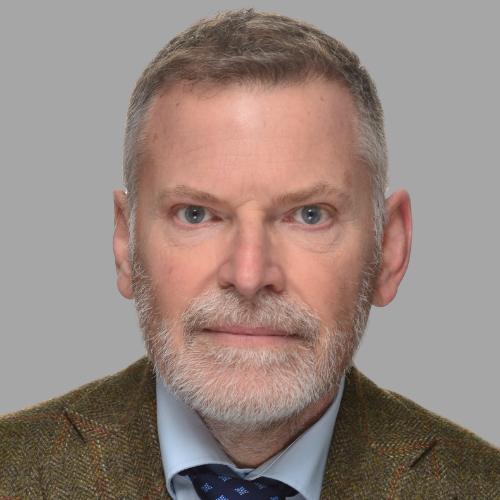Leadership Keynote | The Other Side of the Coin – An Analysis of Financial and Economic Crime in the European Union
‘The Other Side of the Coin’ is Europol’s inaugural threat assessment on financial and economic crimes in the EU. The report describes the complexities of financial and economic crimes, and the criminal ecosystem that virtually sustains and links all other criminal activities.
The analytical findings show the scale of financial and economic crime impacting the EU, affecting millions of persons, businesses and public institutions. Criminals continue to explore and exploit alternative methods for managing assets originating from illicit activities while avoiding detection. For this purpose, criminal proceeds are invested in and intermingled with the legal economy, i.e. real estate, food service industry, cash-intensive businesses, company shares etc. The insight into the one of the most pervasive threats of our modern times provides crucial information regarding the criminals’ business models, their pervasiveness and destructiveness.
The rapid technological advances in the financial sector and the geopolitical developments have been taken on by criminals as opportunities, criminals successfully explore and exploit, leading to an increased expertise in the area of money laundering, criminal finances, corruption, fraud, intellectual property crime, and commodity and currency counterfeiting.
Throughout this report, it has become clear that financial and economic crime is pervasive, is an engine driving other types of crime, undermines our legal economy and harms our citizens. The European Financial and Economic Crime Centre is, at EU level, the centre of expertise with the latest skills and expertise to tackle head on the multiple faces of this crime. However, international cooperation is crucial even outside EU, therefore in order to have a joint international approach, Europol/EFECC cooperates with working groups and networks such as CARIN and AMON.
‘CARIN’ is an informal network launched in 2004 that provides asset recovery practitioners from law enforcement and judicial authorities with a platform to discuss legal frameworks, operational challenges and support in all aspects of asset forfeiture. CARIN currently gathers 61 jurisdictions and 17 international organisations (observers or associates) involved in the fight against crime in the broadest sense. Following CARIN’s good example, other 7 regional asset recovery networks were set up in Latin America, South Africa, East Africa, West Africa, the Caribbean, West and Central Asia, the Asia Pacific region and together they connect over 174 jurisdictions. The CARIN permanent Secretariat is hosted by Europol. France holds the 2024 Presidency and will host the next AGM. The network’s activity is funded by a direct grant under the European Union’s Internal Security Fund – Police.
The ‘ANTI-MONEY LAUNDERING OPERATIONAL NETWORK (AMON)’ was set up in 2012 to create an informal platform connecting and facilitating the interaction and sharing of expertise among practitioners combating money laundering. Its key objectives are to enhance operational cooperation and quick information exchange, to establish a well-developed network of professionals whose collaboration could benefit law enforcement efforts in the field of anti-money laundering, to become a centre of excellence and act as an advisory group. The network has currently 53 members (both EU and non-EU countries including UAE) who are represented for the time being via 87 national contact points, and Europol hosts the permanent Secretariat supporting the functionality of the network.






